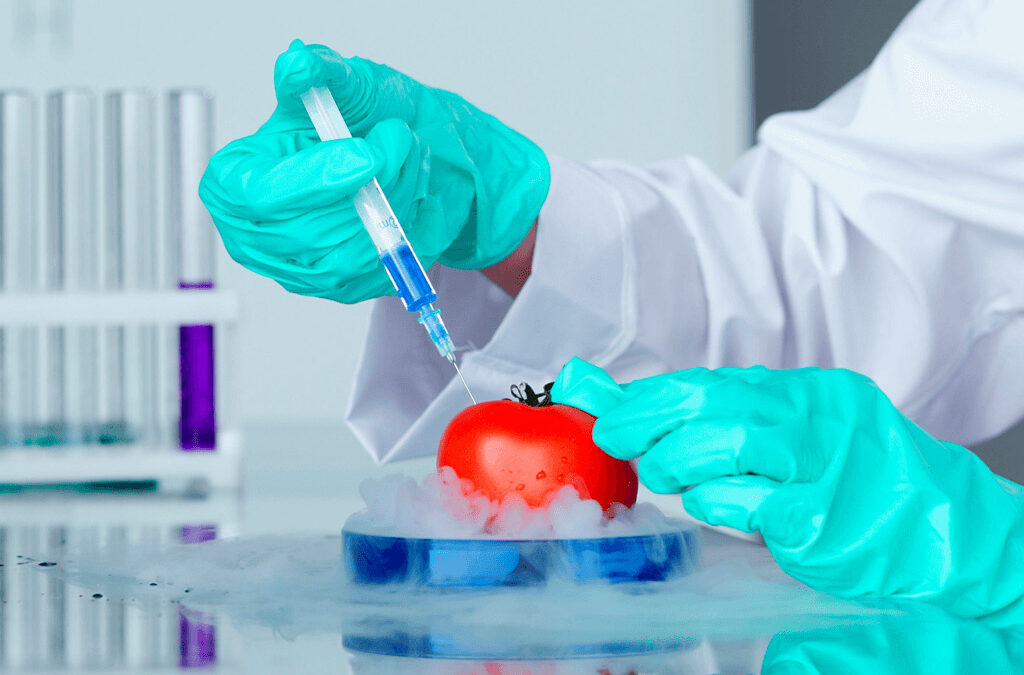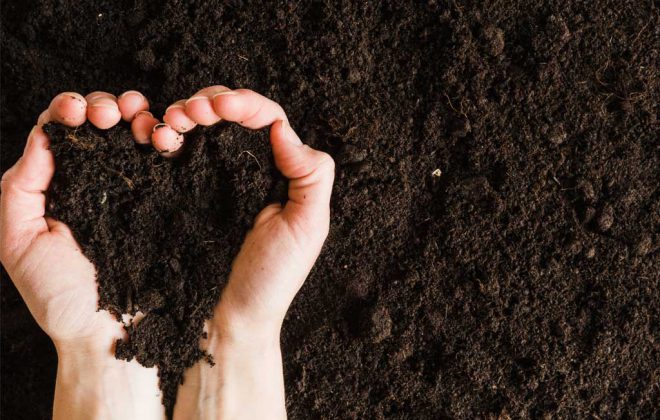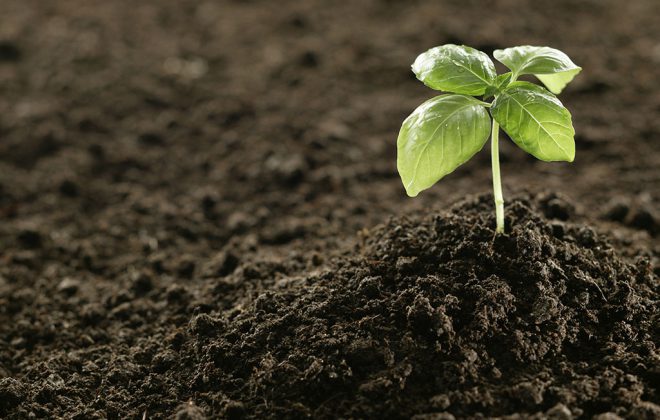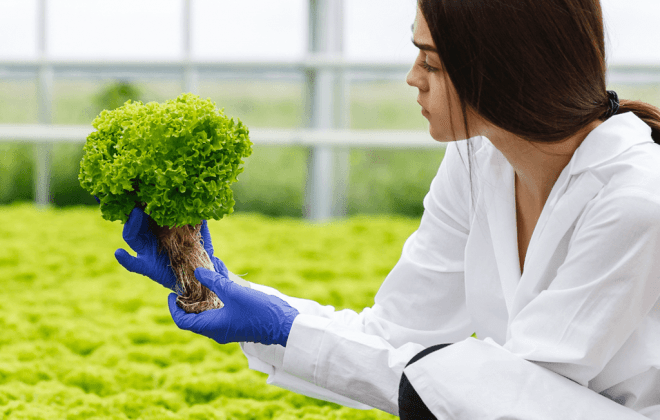Laboratorio Agrama has settled a genomic sequencing system
The genetic improvement of crops and the obtaining of new vegetable varieties with high added value have a series of advantages for farmers: higher yields, better quality, greater resistance to pests and better market prices. The research and development of new plant varieties by the harvesting companies has allowed farmers to double yields in the last 50 years, with an increase in the quality of harvests. The research and development of new plant varieties requires its creators (plant breeders) important efforts in time, work, economic and human resources. For example, the average cost to put a new plant variety on the market is 1 to 1.5 million euros, and it takes 10 to 12 years to achieve it.
The development of new plant varieties is only possible with a continuous investment in research programs. In order to sustain breeding programs and the development of new plant varieties, it is vital to protect the results of plant breeders and to respect their intellectual property rights. However, for companies that obtain varieties that seek to protect their intellectual property rights the identification of new plant varieties can be difficult due to their physical appearance (phenotype). Very often, the phenotype lacks distinctive characteristics, which means that the patented cultivar can not easily be differentiated from similar unmodified crops. This problem is currently solved by DNA analysis, which includes sequencing or marker analysis processes (SNPs, STRs..etc).
AGRAMA Laboratory has developed a new DNA analysis service to help vegetable companies to protect intellectual property rights as well as food fraud that can affect the consumer. This DNA analysis service covers a wide variety of crops, from herbaceous crops to garden fruits. Through DNA analysis, AGRAMA can help companies identify suppliers that are using their product without permission, illegally, as well as assuring the consumer that the product they purchase is not tampered with. Using this method, you can identify the area in which the products are grown, establish the presence of cross-contamination or exchange throughout the supply chain and assess whether the product has been accurately labeled in stores. To achieve this high level of precision, AGRAMA Laboratory requires only a small part of the sample. Each sample has a barcode therefore the client has complete traceability of the sample.
If you want more information, please contact us. If you prefer, at the following numbers: +34 95 490 60 43 / +34 95 511 99 46





